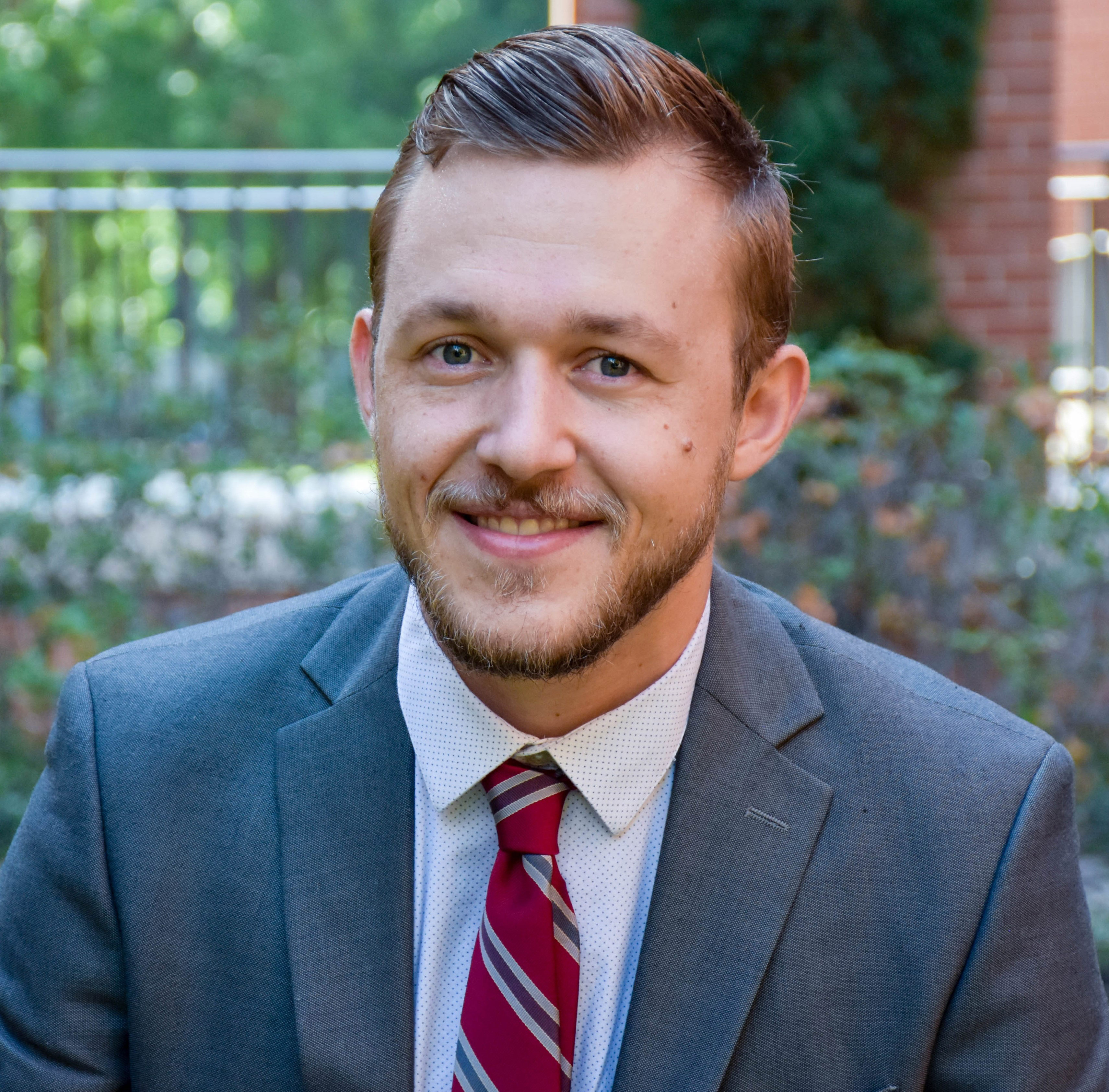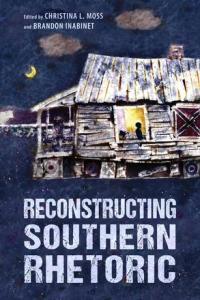Jeremy Grossman

Lecturer, Communication
Education
Ph.D., , University of Georgia
Research Expertise
Rhetoric
Jeremy Grossman studies political rhetoric, disaster, and public memory. He is interested in how rhetoric in an era of climate change shapes how we think about disaster, both natural and human-made, and impacts the ways in which public memory of disaster is produced. He teaches Oral Communication and Argumentation at the University of Maryland. He earned his Ph.D. (2018) at the University of Georgia and his M.A. (2011) and B.A. (2008) at Colorado State University.
Publications
Take ‘Em Down: Rhetorical Temporality and Critical Regionalism in the Struggle to Remove Confederate Monuments in New Orleans
Grossman authors chapter in a collection of new essays that redefine and restructure how communication scholars study the South
Author/Lead: Jeremy GrossmanNon-ARHU Contributor(s): edited by Christi L. Moss and Brandon Inabinet

Jeremy Grossman authors a chapter in a collection of essays that redefine and restructure how Communication scholars study the South.
Southern rhetoric is communication’s oldest regional study. During its initial invention, the discipline was founded to justify the study of rhetoric in a field of white male scholars analyzing significant speeches by other white men, yielding research that added to myths of Lost Cause ideology and a uniquely oratorical culture. Reconstructing Southern Rhetoric takes on the much-overdue task of reconstructing the way southern rhetoric has been viewed and critiqued within the communication discipline. The collection reveals that southern rhetoric is fluid and migrates beyond geography, is constructed in weak counterpublic formation against legitimated power, creates a region that is not monolithic, and warrants activism and healing.
Contributors to the volume examine such topics as political campaign strategies, memorial and museum experiences, television and music influences, commemoration protests, and ethnographic experiences in the South. The essays cohesively illustrate southern identity as manifested in various contexts and ways, considering what it means to be a part of a region riddled with slavery, Jim Crow laws, and other expressions of racial and cultural hierarchy. Ultimately, the volume initiates a new conversation, asking what southern rhetorical critique would be like if it included the richness of the southern culture from which it came.

